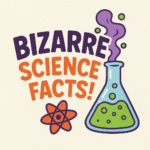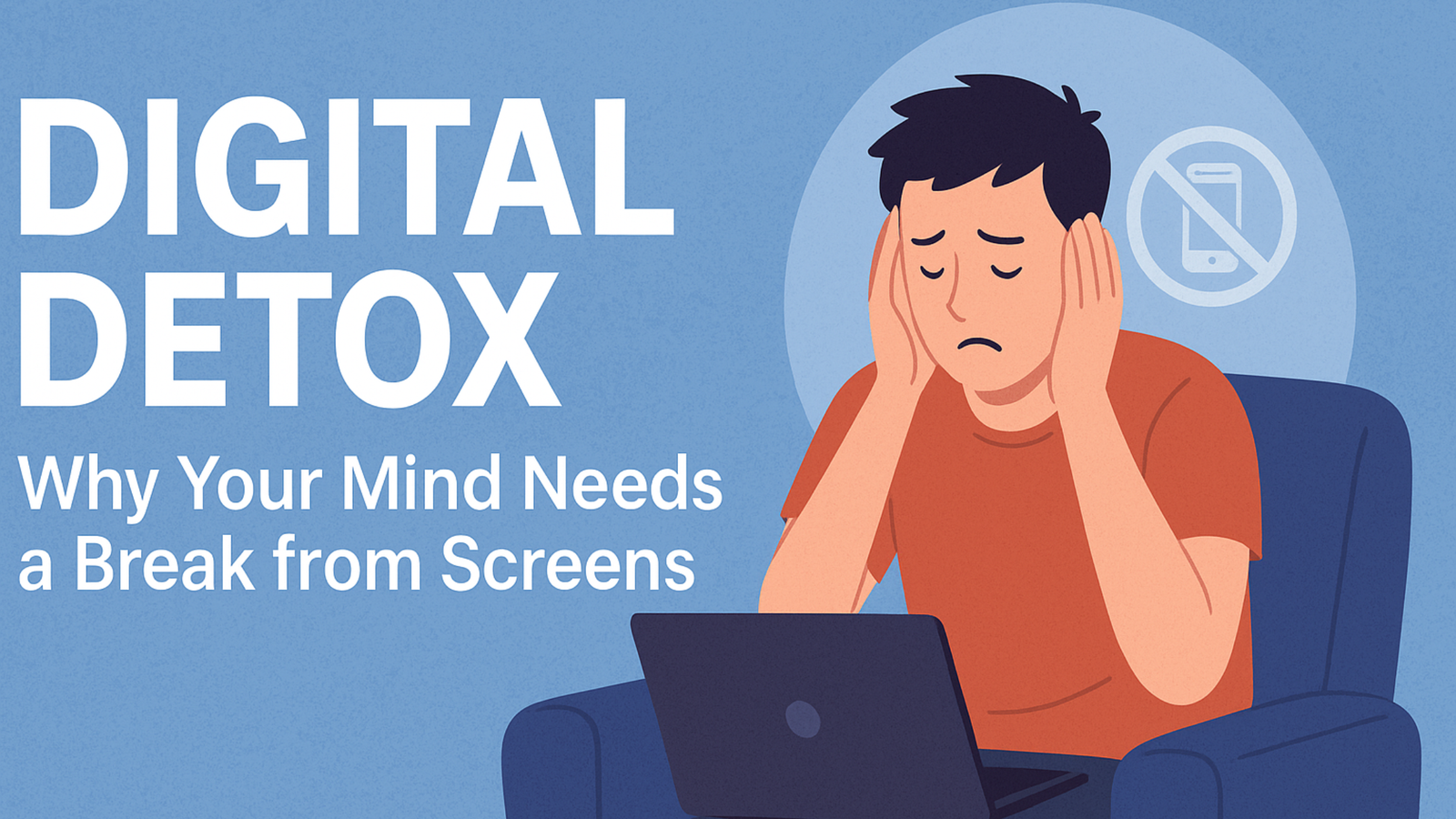In today’s ultra-competitive world, success for high-performance men often hinges not just on intelligence or skill, but on the ability to thrive under pressure, make wise decisions, and manage energy—not just time. That’s where mindfulness comes in, serving as the secret advantage top athletes, executives, and creatives are using to win at life and work.
This article dives into why mindfulness matters for high-performance men, how it works, the science behind its benefits, tools for getting started, and practical techniques you can implement immediately for more focused, resilient, and fulfilling living.
Table of Contents
- What is Mindfulness?
- Why High-Performance Men Need Mindfulness
- The Science-Backed Benefits
- Practical Mindfulness Techniques
- Mindfulness and Leadership
- Common Barriers and How to Overcome Them
- Recommended Resources, Apps, and Communities
- Integrating Mindfulness Into Daily Life
- Final Thoughts
What is Mindfulness?
Mindfulness is the practice of paying deliberate attention—without judgment—to the present moment. While often associated with meditation, mindfulness is also about cultivating a mindset of awareness and curiosity in everything you do.
“Mindfulness means paying attention in a particular way: on purpose, in the present moment, and nonjudgmentally.”
— Jon Kabat-Zinn, creator of Mindfulness-Based Stress Reduction (MBSR)To explore further, visit the Greater Good Science Center’s Mindfulness definition.
Why High-Performance Men Need Mindfulness
High-performing men—whether in business, sports, or creative pursuits—are under unique pressures:
- Constant high expectations
- Information overload
- Frequent decision-making under stress
- Balancing ambition with well-being
Left unchecked, this “go mode” can lead to burnout, irritability, and poor judgment. Mindfulness counteracts these patterns by:
- Enhancing focus and cognitive flexibility
- Improving emotional regulation
- Boosting resilience in the face of setbacks
- Supporting greater self-awareness and leadership
Related reading: Recognizing Signs of Burnout (insert internal link to your own burnout article)
The Science-Backed Benefits
Stress Reduction and Emotional Regulation
Multiple studies, including research published by Harvard Medical School, have demonstrated that consistent mindfulness practice reduces the body’s stress response, lowering cortisol levels and increasing emotional balance.
Enhanced Cognitive Performance
Mindfulness strengthens the prefrontal cortex—responsible for executive function, focus, and problem-solving—making multitasking less scattershot and more strategic (NIH Study).
Improved Physical Health
Practicing mindfulness can help lower blood pressure, support immune function, improve sleep, and even reduce chronic pain (Mayo Clinic).
Better Relationships and Communication
Mindfulness increases empathy, non-reactivity, and patience—qualities essential for leaders and anyone managing professional or personal relationships (Mindful.org).
Enhanced Resilience
Mindfulness builds grit and adaptability. When you’re present, you’re more likely to stay grounded through adversity rather than getting swept up by frustration or anxiety (American Psychological Association).
Practical Mindfulness Techniques
Here are some evidence-based practices tailored for busy, high-performance men:
1. Focused Breathing Exercise
Simple but powerful: Set a timer for 2 minutes. Close your eyes. Breathe in slowly for 4 counts, hold for 2, exhale for 6 counts. Repeat, bringing your attention gently back anytime your mind wanders.
2. Mindful Transitions
Transition times (before a meeting, after a workout) are ideal for a quick check-in. Stand tall, take three deep breaths, and notice any sensations, thoughts, or tension. This micro-habit recalibrates your nervous system.
3. Body Scan Meditation
Once a day, scan your body from head to toe, noticing where you hold tension (shoulders, jaw, etc.). Release each area as you become aware of it. Try UCLA’s free guided body scan.
4. Observe, Don’t React
When stressed, pause for a split second. Ask: What am I feeling? “Can I respond wisely rather than just react?” This is the core of mindful leadership.
5. Tech Breaks
Use digital tools mindfully. Set phone reminders to pause, breathe, and refocus—especially when jumping from task to task. Try apps like Headspace or Calm.
Mindfulness and Leadership
Many high-profile men—CEOs, top athletes, Navy SEALs—use mindfulness to unlock leadership capabilities.
- Satya Nadella (CEO, Microsoft) credits mindfulness with improving humility and emotional intelligence, sure and more championships (Harvard Business Review).
Mindful leaders:
- Listen more fully
- Think before reacting
- Empower others through presence
Common Barriers and How to Overcome Them
1. “It’s Not for Guys Like Me.”
Myth! Mindfulness is used everywhere from locker rooms to boardrooms. It’s about mental strength, not passivity.
2. “I Don’t Have Time.”
Even 60 seconds of conscious breathing can be transformative. Integrate mindfulness into breaks, commutes, and pre-performance routines.
3. “It Feels Weird at First.”
That’s normal. The mind’s job is to wander. Mindfulness trains you to notice this, then gently refocus.
4. “I’m Not Good At Meditating.”
Perfection is not the goal. Consistency is what matters.
For more on overcoming obstacles, check out This Mindful.org resource.
Recommended Resources, Apps, and Communities
- Ten Percent Happier: Mindfulness techniques with a pragmatic, secular focus—popular among skeptics and professionals.
- Insight Timer: Thousands of free guided meditations, including for stress and performance.
- The Mindfulness App: User-friendly, tailored meditations for busy lifestyles.
Books:
- “Wherever You Go, There You Are” by Jon Kabat-Zinn
- “Search Inside Yourself” by Chade-Meng Tan
- “The Mindful Athlete” by George Mumford
Communities:
- Reddit r/Mindfulness
- Mindfulness-based Meetup groups (search your city)
Integrating Mindfulness Into Daily Life
- Start Small: Pick one habit—mindful coffee drinking, intentional breathing before calls, or digital breaks.
- Be Consistent: Set a reminder or tie mindfulness to an existing routine (e.g., after brushing teeth).
- Track Progress: Journal even one sentence a day about your state of mind. Notice trends over weeks, not just days.
- Join a Group: Accountability and shared practice amplify results.
Pro-tip: Many high-performers use mindfulness to not only manage stress, but to harness it as energy for performance and creativity.
- Ultraprocessed Foods & Heart Health: What the Latest Science Reveals in 2025
- Rewire Your Brain: Neuroplasticity for Better Habits
Final Thoughts
Mindfulness is not about disengaging from ambition, but rather fine-tuning the mind for clarity, flexibility, and sustainable achievement.
If you’re a high-performing man—or support one—starting even the smallest mindfulness habit can transform not just how you handle stress and competition, but how you show up for your team, loved ones, and your own aspirations.
Ready to begin?
Try setting aside two minutes right now to follow your breath. That’s not downtime—that’s your next competitive edge.
This article is meant for informational purposes and should not replace professional mental health or medical advice. For concerns about severe stress, burnout, or mental health, consider reaching out to a qualified health professional.









